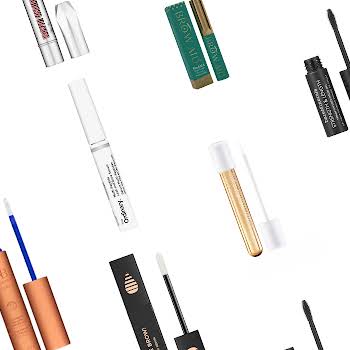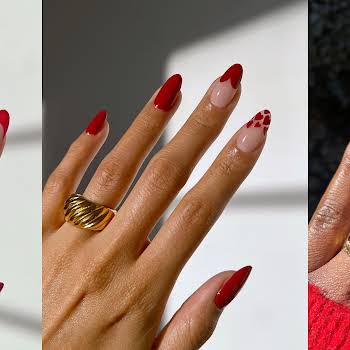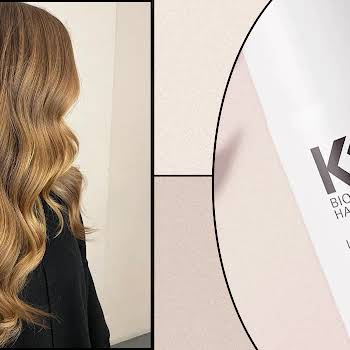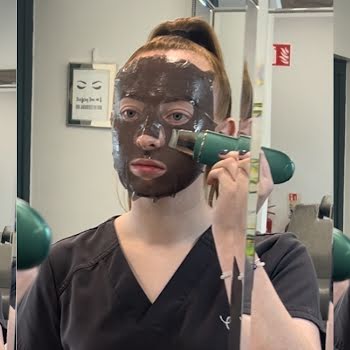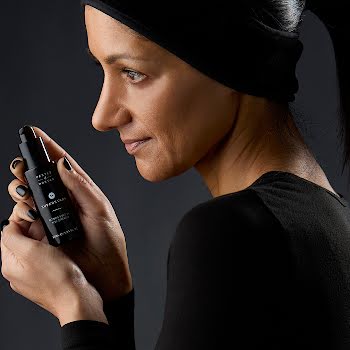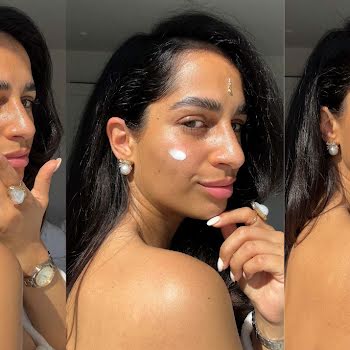
By Erin Lindsay
19th Jun 2018
19th Jun 2018
Instagram skin trends are moving so quickly these days we can barely keep up with which is the latest. But a certain little device called a derma-roller has shown up time and time again over the past few months; so much so, that it looks to be the next charcoal mask. Derma-rolling has taken beauty blogging by storm, and many of us influencees are wondering what’s in it for us. Let IMAGE explain it all…
What is derma-rolling?
We can’t be the only ones who initially thought that a derma-roller was just a ball-massager for the face. Not so. Derma-rolling is actually a form of micro needling and involves a mini wheel of thousands of tiny needles that gently prick your skin.
The treatment is said to improve a variety of skin issues, from acne scarring to fine lines to uneven skin tone. However, it’s advisable not to use a roller if you have any skin conditions such as psoriasis or eczema etc.
How does it work?
The premise of derma-rolling differs depending on the size of the needles on the roller you’re using. If you’re using smaller-sized needles, say 0.1 to 0.2mm, the derma-roller creates pathways for products and treatments to better penetrate the skin. Basically, it allows your serums to get right down deep and have a better effect on your complexion.
With bigger sized needles, derma-rolling is used for wound healing (acne scarring, for example), and creates tiny pricks on the skin’s surface to give space so that the wound heals over more evenly.
How to do it
Use it at night so as not to suscept the skin to the sun right away.
First, make sure to cleanse your skin so that it is completely clean before use. Roll gently in smooth lines across the skin; first, horizontally on forehead and cheeks; then vertically on your forehead three times; then diagonally across the face.
Once done, apply the serum of your choice; a good vitamin c serum or a hyaluronic acid serum is ideal.
Make sure to keep your derma-roller clean between uses; you don’t want to be rubbing dirt and bacteria deeper into your skin.
Should you do use a derma-roller?
Dermatologists are divided on this one. Many offer micro-needling in a professional setting as a treatment and discourage at-home novices who might be inexperienced.
The fact that you’re essentially sticking tiny needles into your face shouldn’t be underestimated – if you feel discomfort or pain from derma-rolling, reduce your frequency, or stop using it altogether.
If you want to use derma-rolling to fix severe scarring or uneven texture, be sure to consult a dermatologist first before using larger needle sizes on your skin.












